Banana Yucca – Yucca Baccata
Overview: Banana Yucca, scientifically known as Yucca baccata, is a striking perennial succulent native to the southwestern United States and northern Mexico. Known for its thick, sword-like leaves and distinctive, edible fruit, this hardy plant is well-suited to arid landscapes and xeriscaping designs.
Typical Uses:
Banana Yucca serves various purposes in landscaping and practical applications:
- As a focal point in desert or rock gardens, providing bold architectural interest
- In xeriscaping projects, where its drought tolerance and low water needs are advantageous
- As an erosion control plant on slopes and sandy soils, due to its deep root system
- For its edible fruit and flowers, which have been traditionally used in indigenous cuisines
Establishment and Care Instructions:
Planting: Choose a location with well-draining soil and full sunlight. Dig a hole slightly larger than the root ball and at the same depth. Place the plant in the hole, ensuring the top of the root ball is level with the soil surface. Backfill with soil and water sparingly.
Watering: Water the plant thoroughly after planting. Once established, Banana Yucca is highly drought-tolerant and requires minimal watering, typically only during extended dry periods.
Pruning: Remove dead or damaged leaves as needed. Prune spent flower stalks after blooming to maintain a tidy appearance and encourage new growth.
Fertilizing: Banana Yucca generally does not require fertilization. In poor soils, a light application of a balanced fertilizer in spring can support growth, but over-fertilizing should be avoided.
Special Features and Usage:
Banana Yucca offers several distinctive features:
- Foliage: Thick, blue-green leaves form a rosette, providing year-round structure and interest. The leaves have sharp tips, which can deter wildlife and human traffic.
- Flowers: Tall spikes of creamy white to pale yellow flowers bloom in late spring to early summer, adding vertical interest and attracting pollinators.
- Fruit: Produces fleshy, banana-shaped fruits that are edible and have been used in traditional dishes. The fruits can be roasted, dried, or eaten raw.
- Low Maintenance: Requires minimal care once established, making it an excellent choice for low-maintenance and sustainable landscaping.
- Adaptability: Thrives in a variety of soil types, including sandy and rocky soils, and is tolerant of heat, cold, and poor soil conditions.

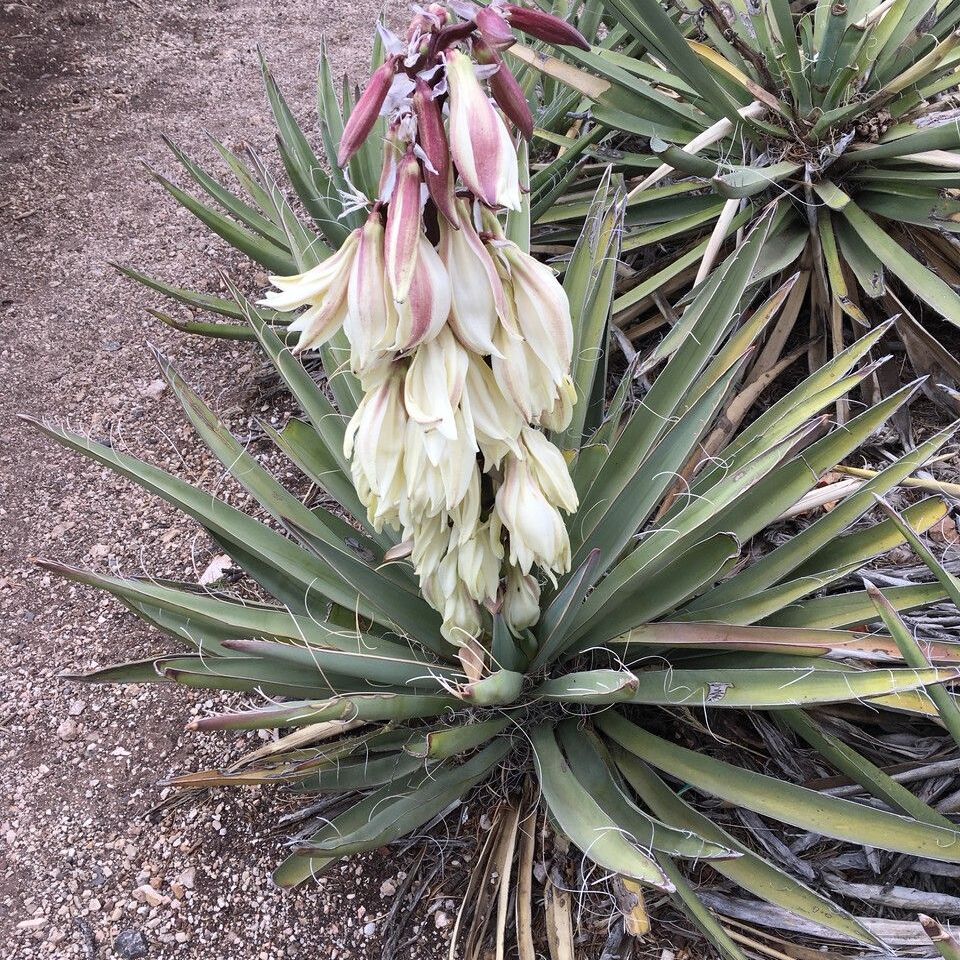
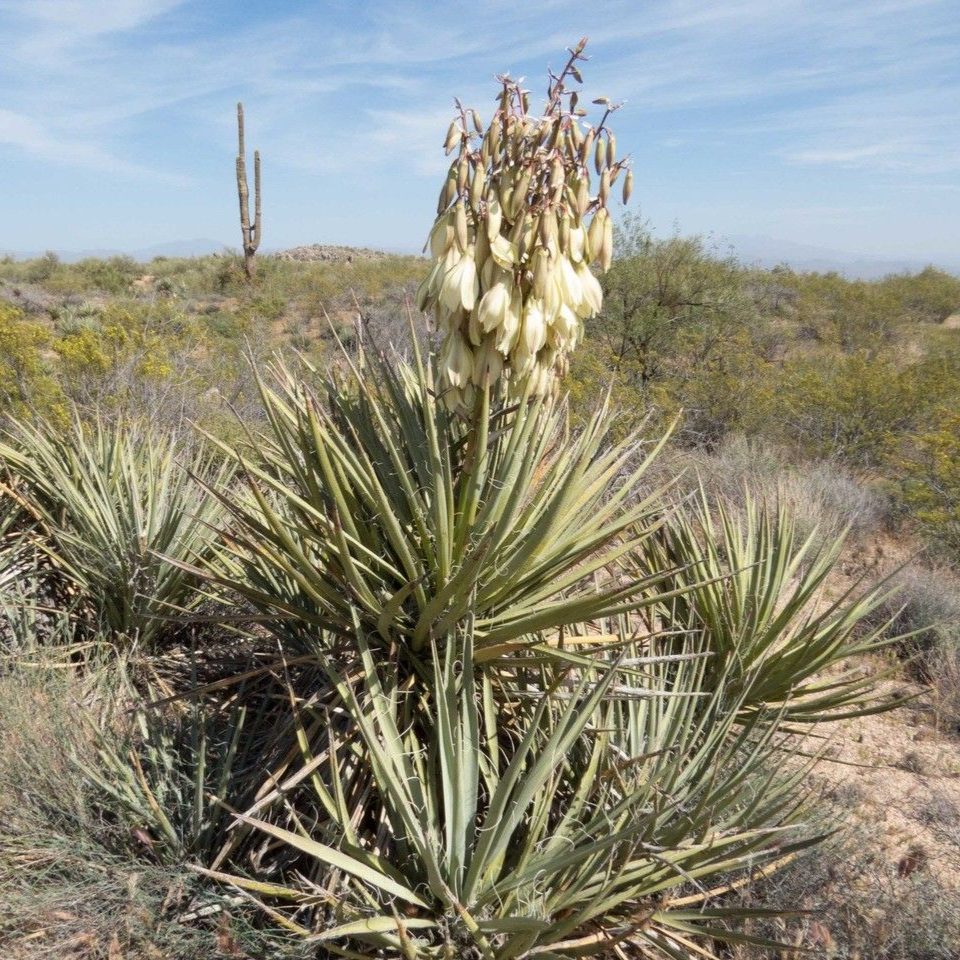
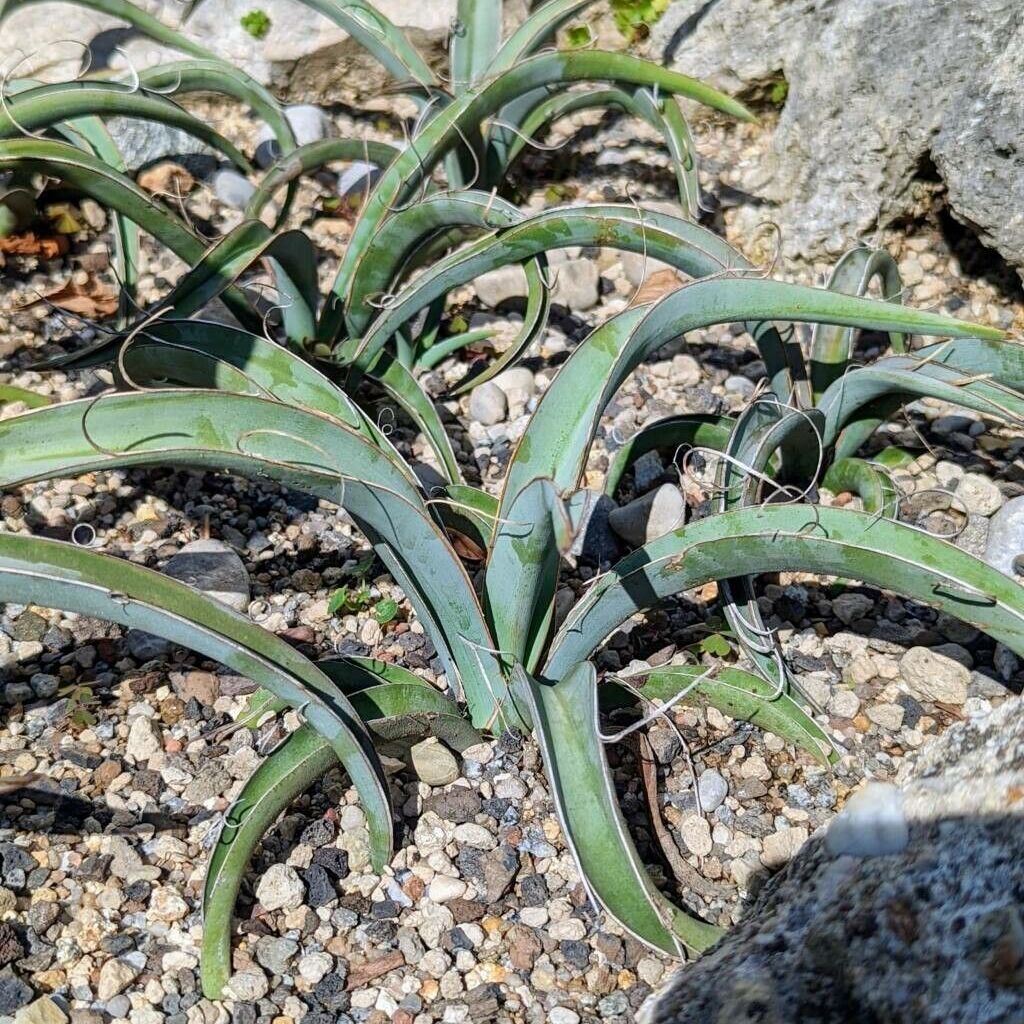
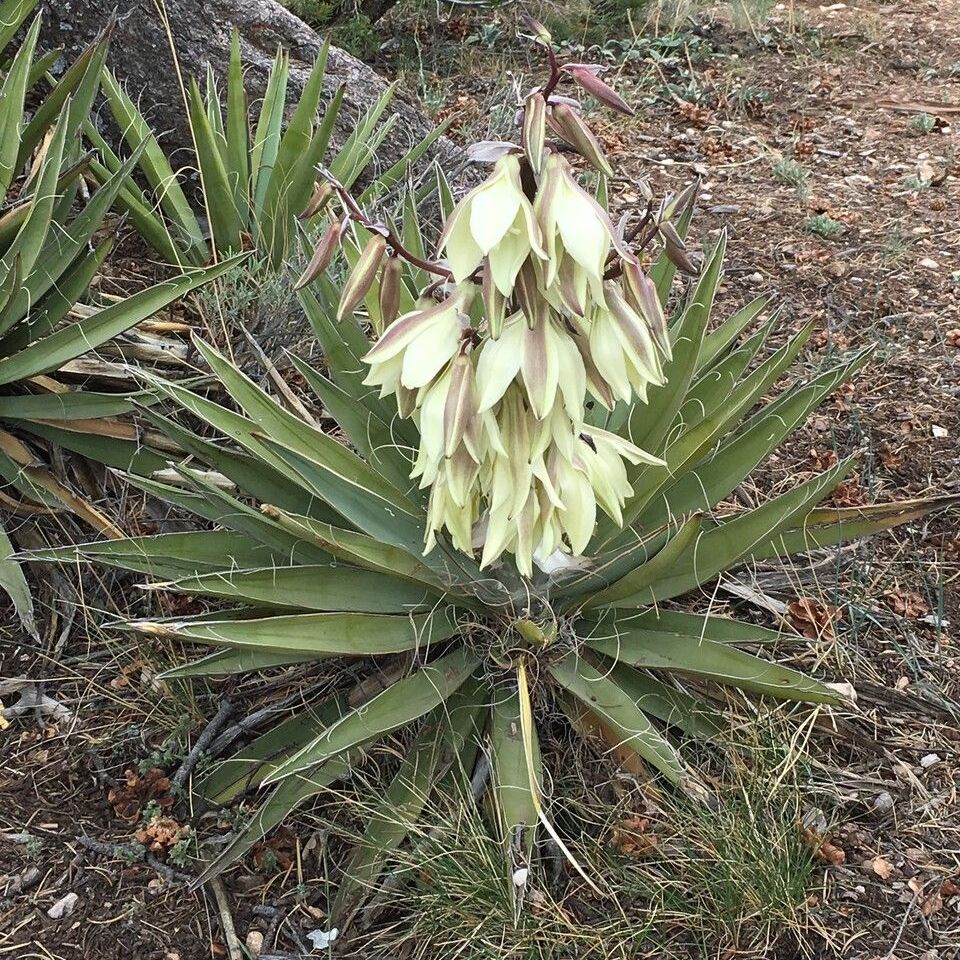
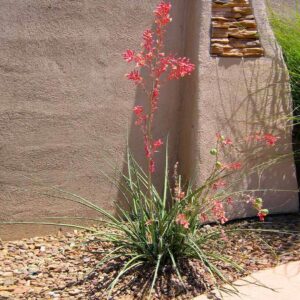

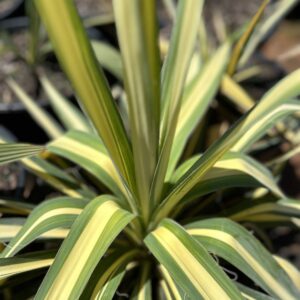
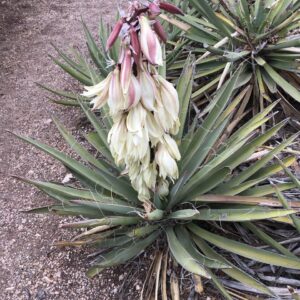
Reviews
There are no reviews yet.